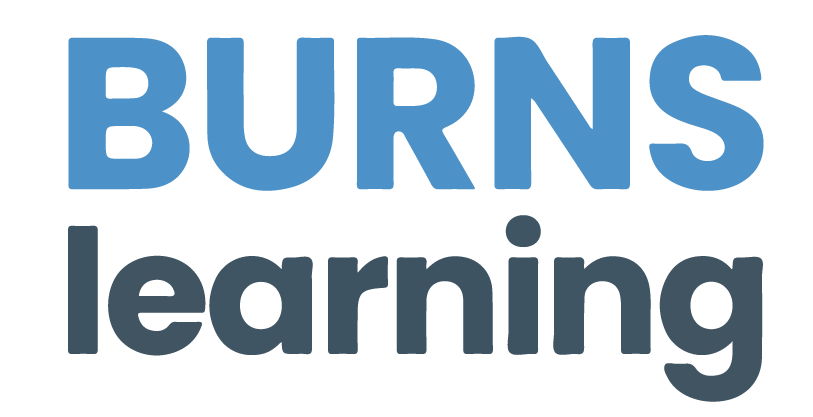- When used appropriately, power is an effective form of influence
- We vastly underestimate the power of our soft skills, which are all expressed through how we communicate
- We become powerful leaders by learning better soft skills
Power is often seen as a dirty word.
Many of us have negative perceptions when we think about power and who has it in our organizations. Why? Because people in power often hold it over our lives. But we’re thinking about it wrong. The reality is, we all have some form of power and when used ethically, and paired with competent communication skills, there’s nothing dirty about it at all.
In fact, power can be used in incredibly motivating ways. When it’s used appropriately, we rarely notice it. It’s quiet, mostly unobtrusive and works to benefit the team however that team is defined. The person in power doesn’t flaunt or flex it because they don’t need to, and instead, they use it to build relationships and deepen mutual respect. This is how influence is created. The most influential, persuasive and effective form of power is social, not forceful, and it’s all around us.
There are many expressions of power throughout our lives, but put simply, power is our ability to influence those around us. There are two very important words in that definition: ability and influence.
Let’s start with influence: how it builds and destroys businesses, relationships and the systems we’re all a part of. Influence is the capacity to have an effect on someone’s thoughts, behaviors, attitudes and motivation. Influence is how we lead and change minds and motivate action. Influence is in the ether of every interaction we have, but as business leaders, it carries as far as the mind can go. As humans, we have shared influence on each other. The way we communicate and what we communicate about influences the people around us and across all communication channels we use.
Sometimes, we don’t even realize how our words and actions impact people, or we underestimate how much influence we’re having. This is one of the cardinal sins of business: failing to properly see how much influence leaders and businesses really have, both positive and negative.
This is where the other key word from the definition comes into play: ability. We all have an ability to influence – to persuade – that is dependent on what we know, our expertise, titles, skills and most importantly, how we communicate and represent our ideas and selves to others. These are our soft skills and they are chronically underestimated and undervalued.
This ability is distributed among people, however, positions of power are not. Those in power play an outsized role in the ability and influence they possess. Simply put, we all possess skills that can make us powerful. But without practice, these abilities and means of influence go off the rails. Most of these skills, by the way, are communication skills, the superpower we all have access to.
This is where we can have the most positive impact, the fastest. By improving our communication skills – our abilities and influence – we can become extremely effective, ethical, powerful leaders. This is power used for good, not its negative, dirty association, which conjures depraved power-tripping jerks, high on the power for its own sake. These people are harmful. Communication used well creates positive, prosocial outcomes, and from a leadership perspective, this is what businesses want, isn’t it?
